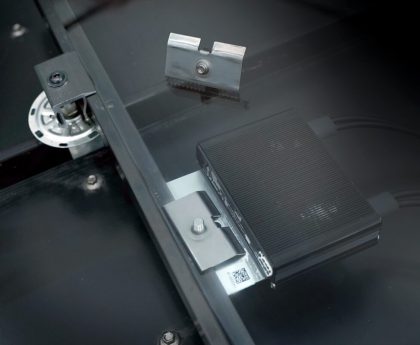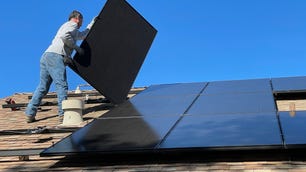The total cost of a solar panel installation depends on both general factors and local conditions. If you own a large home with high energy usage, you will likely need a larger and more expensive solar array to cover your consumption. However, solar prices are also affected by external factors like local labor costs and available incentive programs.
Solar System Size
The main factor determining solar power systems costs is the installed capacity, measured in kilowatts.
The U.S. Energy Information Administration (EIA) conducts a periodic Residential Energy Consumption Survey, which analyzes home consumption by region. Their latest survey reports an average consumption of 13,100 kilowatt-hours (kWh) per year in the South Atlantic census region, which includes North Carolina.
The Tar Heel State has abundant solar resources, according to the Global Solar Atlas. To generate 13,100 kWh of electricity per year in a city like Raleigh or Charlotte, you would need about 9 kW of solar panel capacity. Based on the state’s price point of $2.63 per watt, a 9 kW system would cost around $23,670 before incentives.
Solar energy systems also become more expensive if you add components like a battery bank or an electric vehicle (EV) charger. For example, a solar battery system can increase your total cost by around $10,000 to $20,000, depending on the brand and storage capacity.
Solar Tax Incentives and Rebate Programs
The U.S. offers a federal incentive for renewable energy systems, the solar Investment Tax Credit (ITC). Homeowners with eligible technologies, such as solar panels and home batteries, can claim a federal tax credit worth 30% of their total system cost. You can then use that tax credit to lower your income tax burden for the year you install solar panels.
Depending on your location, additional incentives may be available from state agencies or local utility companies. For example:
State Net Metering Program
Net metering allows you to send excess solar generation to the grid during the day in exchange for energy bill credits equal to the value of the exported energy. You can subtract the credit from your grid consumption at night and on cloudy days when your solar panels do not produce power.
North Carolina has a net metering policy that offers full credit for surplus solar energy sent to the grid for certain customers. Other customers who install systems after Oct. 1, 2023, receive energy credits at an avoided-cost rate, which is lower than retail rates. The two utility companies with the largest net metering programs are Duke Energy and Dominion Energy.
This post was originally published on 3rd party site mentioned in the title of this site






